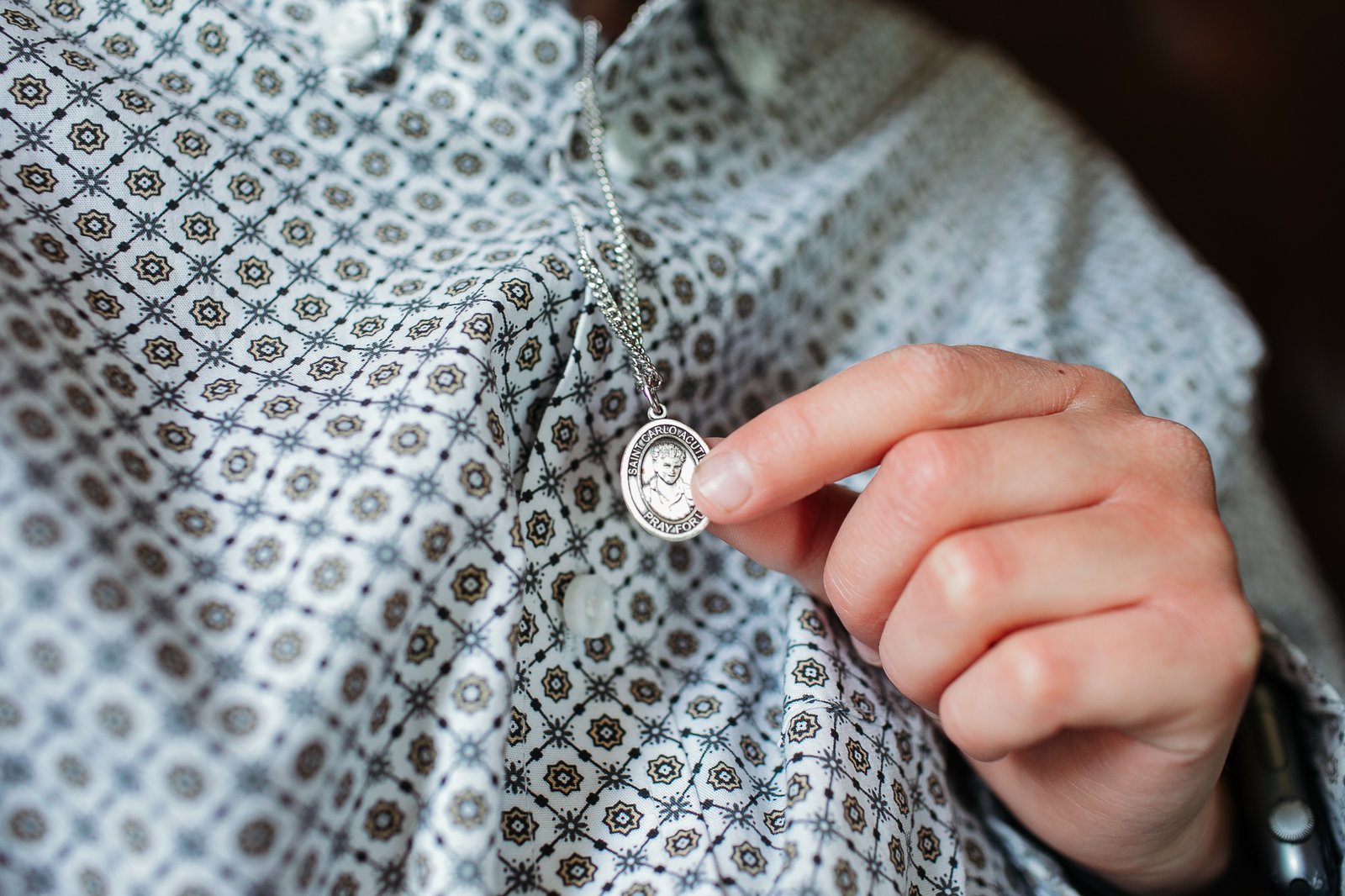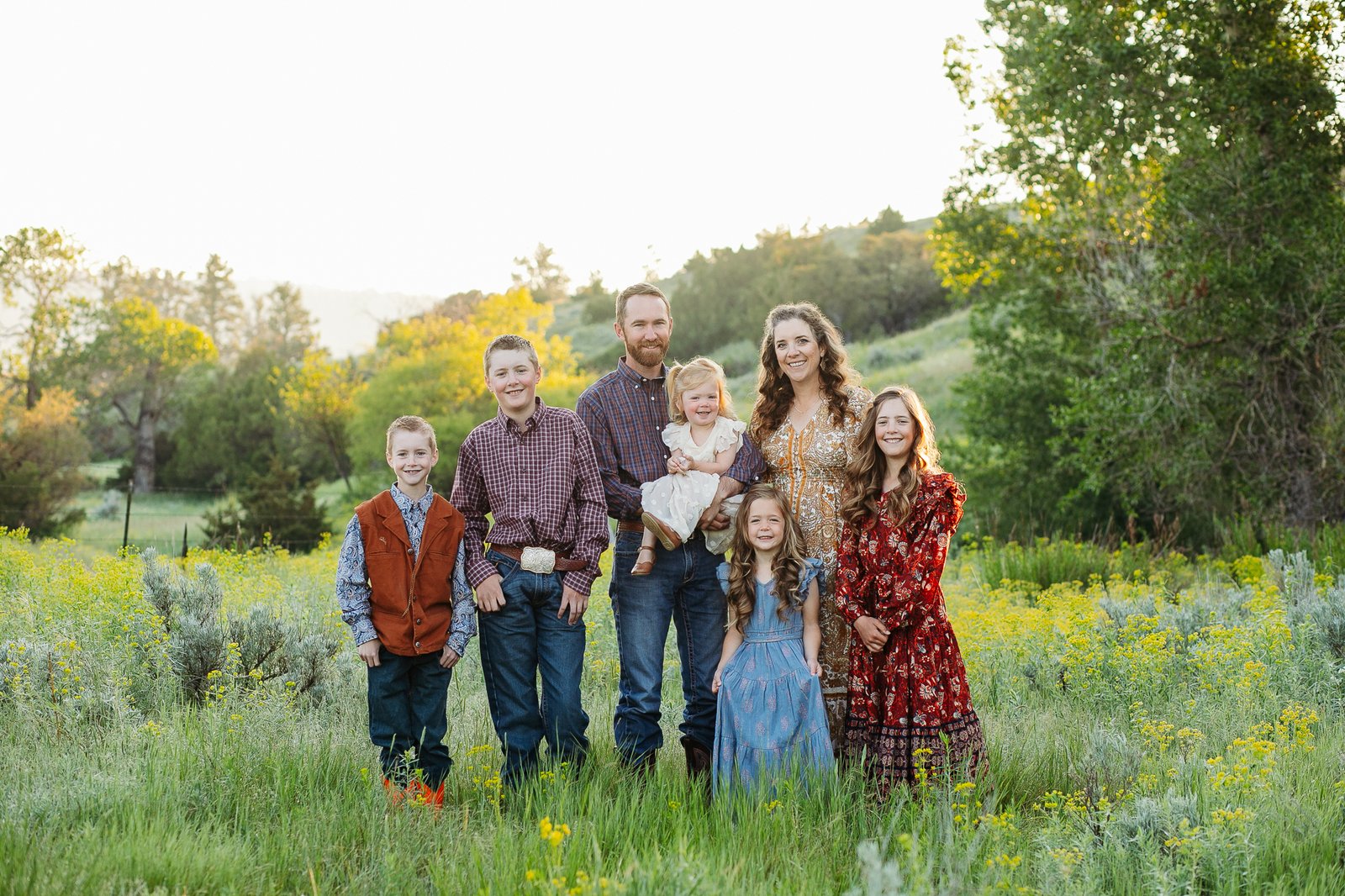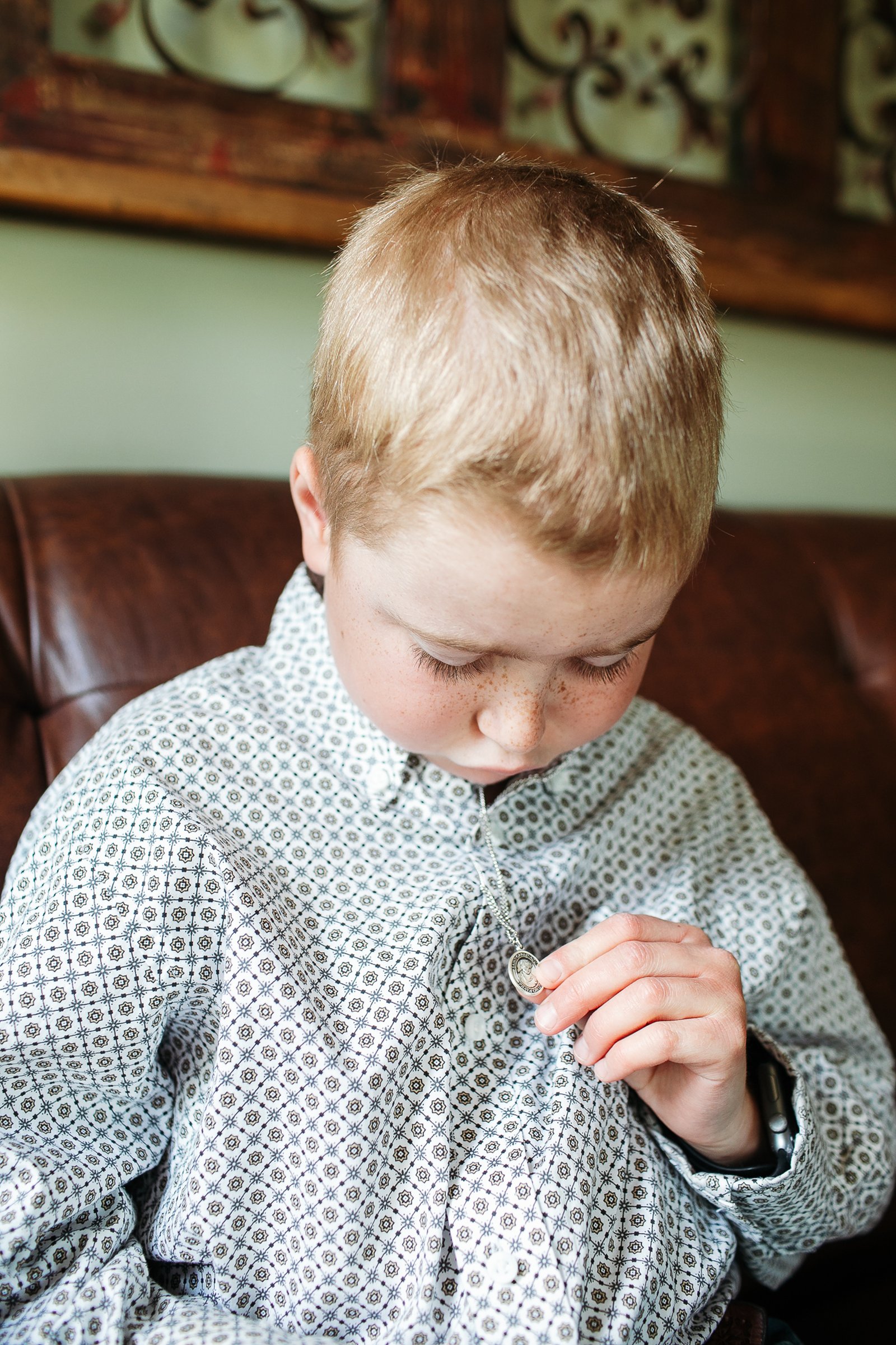Migrants are not enemies, just brothers and sisters in need, pope says
VATICAN CITY (CNS) -- At a time when people feel powerless to help migrants and refugees, Christians must continue to insist that "there is no justice without compassion, no legitimacy without listening to the pain of others," Pope Leo XIV said.
In a video message Sept. 12, the pope gave his full support to a bid by the people of the Italian island of Lampedusa to win UNESCO recognition for their "gestures of hospitality" to migrants as an example of an "intangible cultural heritage" that should be protected.
For decades the small island, which lies between Sicily and the northern African nations of Tunisia and Libya, has been a major arrival point for migrants from Africa, the Middle East and Asia seeking a new life in Europe. However, many migrants make the journey in unsafe vessels or without needed provisions. Shipwrecked boats and dead bodies have washed up on the island's shores.
Pope Leo paid tribute to "the volunteers, the mayors and local administrations that have succeeded one another over the years," to "the priests, doctors, security forces, and to all those who, often invisibly, have shown and continue to show the smile and attention of a human face to those who have survived their desperate journey of hope."
But the pope also noted the political divisions and backlash that have accompanied the continued arrival of migrants and refugees on Lampedusa's shores and to other nations.
"It is true that over the years fatigue can set in. Like in a race, we can run out of breath," he said. "Hardships tend to cast doubt on what has been done and, at times, even divide us. We must respond together, staying united and opening ourselves once again to the breath of God."
"All the good you have done may seem like drops in the sea," Pope Leo told the island's people. "But it's not so -- it is much more than that!"
Many of the migrants, including mothers and children, never made it to shore and from the depths of the sea "cry out not only to heaven, but to our hearts," he said. Others died and are buried on Lampedusa "like seeds from which a new world longs to sprout."
But, he said, "thank God, there are thousands of faces and names of people who today are living a better life and will never forget your charity. Many of them have themselves become workers for justice and peace, because goodness is contagious."
Pope Leo said his thanks is the thanks "of the whole church for your witness," and is meant to renew the thanks of the late Pope Francis, who made a trip to Lampedusa the first official trip of his papacy. He said he hoped he, too, would be able to visit the island soon.
The islanders' hospitality and welcome, he said, are "a bulwark of humanity, which loud arguments, ancient fears and unjust policies try to erode."
"The 'globalization of indifference,' which Pope Francis denounced beginning from Lampedusa, today seems to have turned into a globalization of powerlessness," Pope Leo said.
Thanks to the media, people are more aware of "injustice and innocent suffering," he said, but increasingly "we risk standing still, silent and saddened, overcome by the feeling that nothing can be done."
People ask themselves, "What can I do in the face of such great evils?" he said.
"The globalization of powerlessness is the child of a lie: that history has always been this way, that history is written by the victors, which makes it seem that we can do nothing," the pope said. "But that is not true: history is ravaged by the powerful, but it is saved by the humble, the just, the martyrs, in whom goodness shines and true humanity endures and is renewed."
The antidote, Pope Leo said, is to work to create "a culture of reconciliation."
"Reconciliation is a special kind of encounter. Today we must meet one another, healing our wounds, forgiving each other for the wrong we have done -- and even for the wrong we have not done but which we still bear the consequences of," the pope said. "So much fear, so many prejudices, so many walls -- even invisible ones -- exist between us and between our peoples, as consequences of a wounded history."
While fear and evil can be passed from one generation to the next, he said, so can goodness.
"We must repair what has been broken, delicately treat bleeding memories, draw close to one another with patience, put ourselves in the place of others' stories and suffering, and recognize that we share the same dreams and the same hopes," Pope Leo said. "There are no enemies -- only brothers and sisters. This is the culture of reconciliation."

















